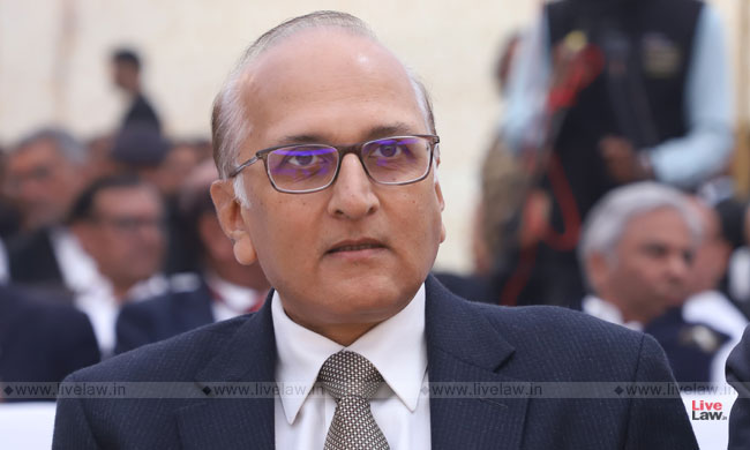We Have To Address The Issue Of Freedom Of Speech Together As A Society: Justice Ravindra Bhat
Shrutika Pandey
16 May 2022 9:51 AM IST

Next Story
16 May 2022 9:51 AM IST
While refraining from making any comment on the recent Supreme Court order keeping in abeyance sedition cases, Supreme Court Judge Justice S. Ravindra Bhat remarked that in a larger sense, the issues around freedom of speech and expression have to be dealt with collectively as a society. Given that the matter remains sub-judice and comment on the subject has political ramifications, Justice...
